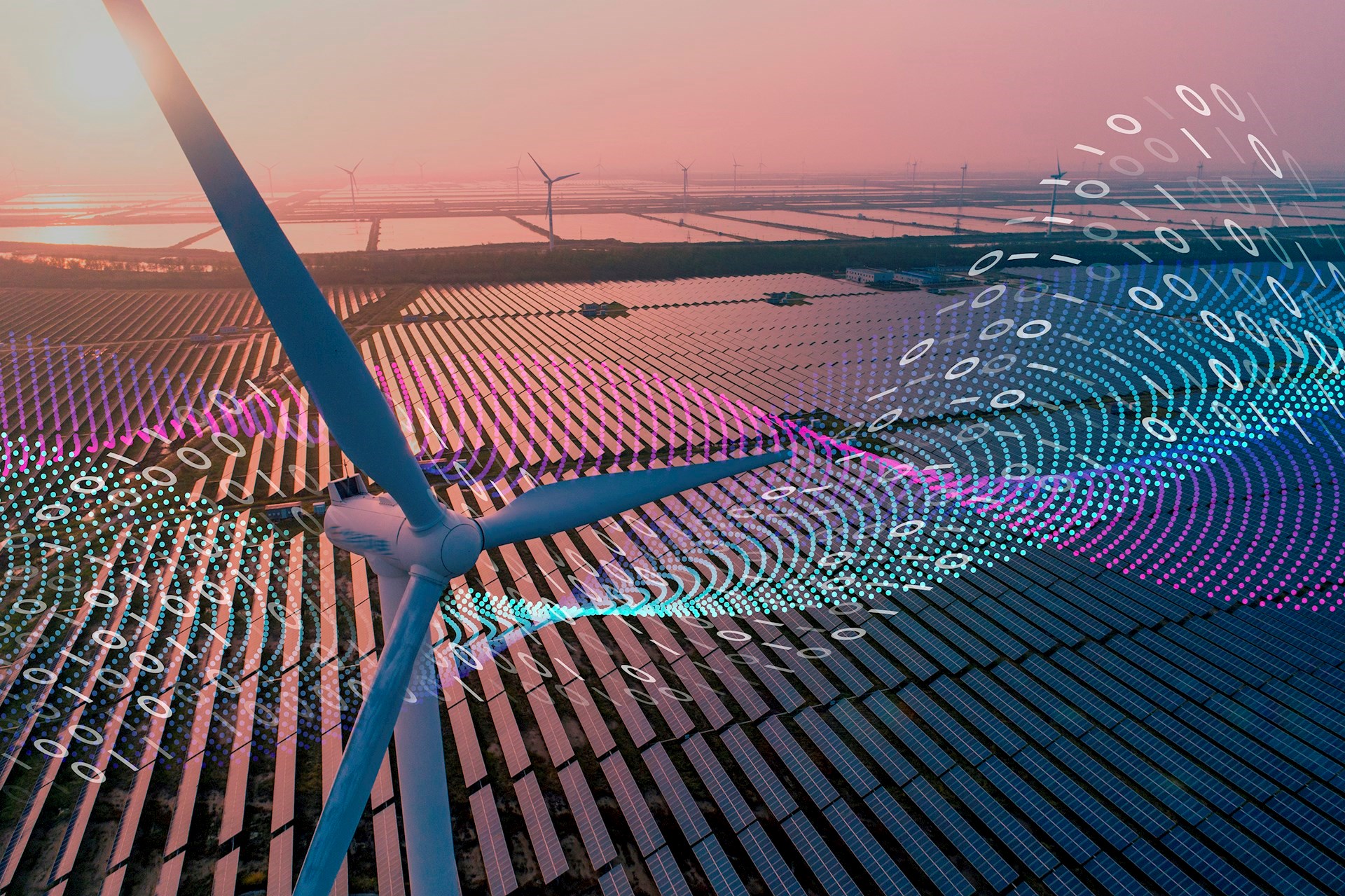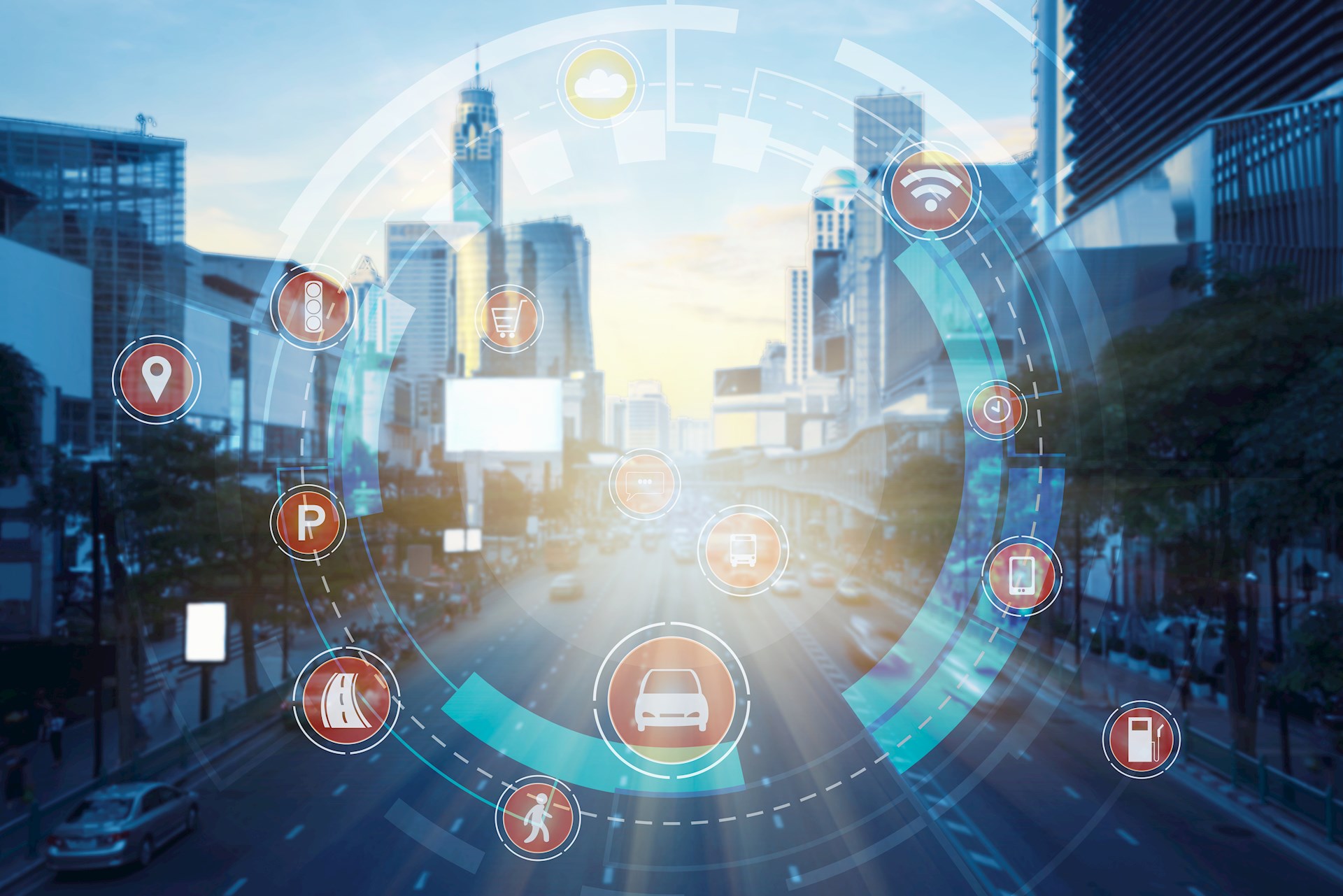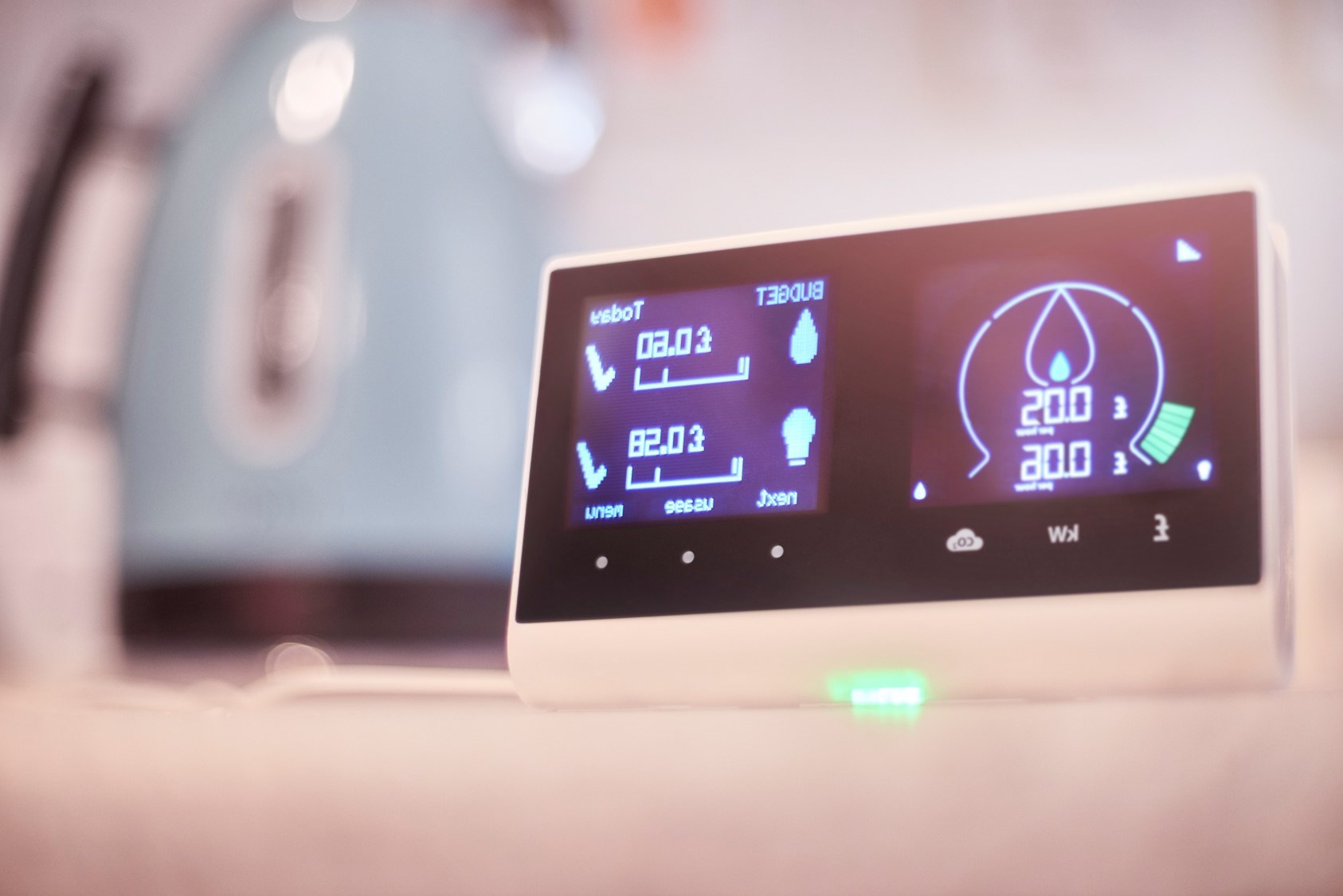Daisy argues that the smart metering system must be prominent in policy announcements on Net Zero and the Green Recovery in the run up to COP26.
Momentum is building around the Government’s 2050 Net Zero target. From the high take up of electric and hybrid vehicles to prominent pension funds pledging to making their portfolios carbon neutral by 2050, awareness among the public and businesses is clearly filtering through to decision making.
The Government has helped drive this awareness and activity, and is rightly capitalising on it in the lead up to COP 26 in November with a series of announcements linking Net Zero to jobs, growth and recovery.
With much of the UK’s emissions reductions so far being linked to the move to clean energy sources and away from fossil fuel powered generation, hitting the Net Zero deadline will require significant changes to housing and transport, where eliminating emissions will be more difficult and complicated - and will be reliant on individuals and businesses taking action.
It has been reassuring and exciting to see the Government raising awareness of - and generating support for - measures that are needed to tackle climate change. But while public awareness of the urgent need to tackle climate change is growing, the understanding among individuals as to what this requires remains low.
The Public Affairs Committee recently stated that the Government has not yet engaged sufficiently with the public about the substantial changes we will have to make to our homes, businesses and lives as part of this revolution - such as replacing boilers that run on gas or oil, and buying an electric vehicles next time we upgrade our car. Energy UK and its members believe that, as part of this necessary engagement, we need to link these changes to the more fundamental enabler and customer-end tool for this revolution – the smart meter network.
Enabling individuals and businesses to monitor and change their energy consumption, in a flexible system that can adapt to the changing demand and more intermittent but greener sources of energy, was behind Government’s original plans to create a nationwide, secure network of smart meters over a decade ago. Smart as a mechanism for flexible services and products was also central to the 2019 Climate Change Committee (CCC) report on behaviour change, public engagement and Net Zero, which highlighted the role of the individual in reaching the target.
Government is rightly setting suppliers ambitious installation targets, and government and suppliers have high expectations of the DCC network in enabling this. Although delays have been frustrating and impacted some customers’ interest and ability to have a smart meter installed, the past year has seen big leaps forward as DCC has worked with government and industry to ensure that more than 11m smart meters have been securely connected to the network. In doing this we have had to confront a number of challenges, not least continuing the rollout safely during the COVID-19 pandemic.
But we are still only just reaching the halfway point of the rollout. To get the remaining customers over the line we need to do something different.
We have asked government to back its own programme and make the link between the smart system and Net Zero and Green Recovery policy announcements being made in the run up to COP26. We need support in explaining the direct and indirect benefits resulting to customers and society in order to overcome long standing inertia and reticence - especially when it ultimately requires customers to grant a stranger access to their homes to install something they currently see as a low priority. This involves being fully joined up across all areas of government, for example linking energy efficiency and housing policy making to the installation of a smart meter.
The smart network is fundamental to reaching Net Zero but something needs to change to unleash the full potential of the system.
There is more we as an industry can do to improve systems and processes and how we communicate with our customers. But we will never meet the levels of smart installations necessary if customers don’t see the need for them. That’s why the Government must back the smart meter programme at every opportunity and make customers aware of its role in helping the country reach the Net Zero target.

Daisy Cross
Head of Smart Programme at Energy UK
Further reading







